According to the announcement of the Swiss Ministry of Foreign Affairs , during his visit to China, India, South Korea and the Philippines from February 5 to 8, Foreign Minister Ignazio Cassis will focus on discussing Switzerland's relations with these countries.
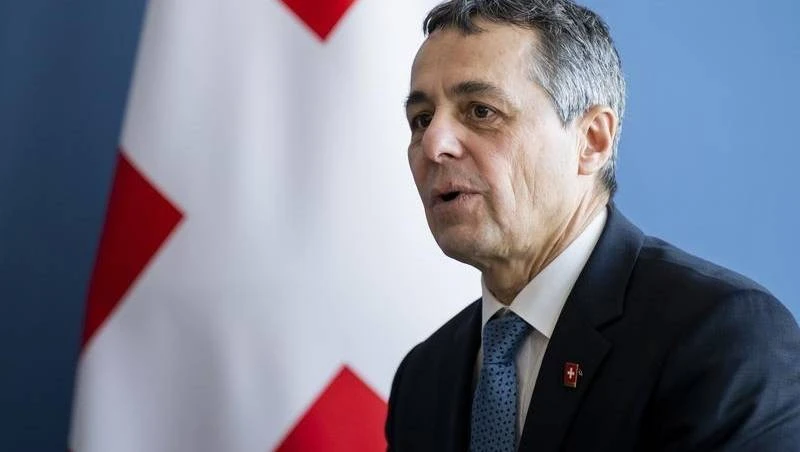
In India, Mr. Cassis is expected to meet with Foreign Minister Subrahmanyam Jaishankar, to discuss progress in bilateral economic cooperation and cooperation in various fields, important international issues of the day, especially measures to help resolve the conflict in Ukraine.
In South Korea, the Swiss Foreign Minister will hold his first talks with his South Korean counterpart Cho Tae-yul and is expected to focus on global security issues. Then, in China, Foreign Minister Cassis is expected to hold talks with his Chinese counterpart Wang Yi. In the second high-level meeting between the two foreign ministers this year, the two sides will also discuss the world security situation such as the conflict in Ukraine and the situation in the Middle East, the Korean Peninsula, and cooperation in multilateral forums.
Finally, in the first visit by a Swiss Federal Councillor to Manila since 2008, Foreign Minister Cassis will meet with Foreign Minister Enrique Manalo and discuss economic relations, Switzerland’s contribution to Philippine nation-building, cooperation in human rights and the geopolitical situation in the Asia-Pacific region. The visit is a priority of Switzerland’s new Foreign Policy Strategy after the Swiss government adopted its first regional strategy for the Asia-Pacific region for 2023-2026, which Switzerland has previously applied to the Middle East and North Africa, sub-Saharan Africa, China and the Americas.
As Asian economies have regained significant growth momentum over the past two years, the geopolitical importance of the Asia-Pacific region has increased. According to analysts, Switzerland’s move to diversify its relations on the Asian continent takes into account the growing importance of Southeast Asia, which is one of the world’s most dynamic economic regions, and complements the Swiss government’s China strategy.
HAPPINESS
Source




![[Photo] Closing of the 14th Conference of the 13th Party Central Committee](https://vphoto.vietnam.vn/thumb/1200x675/vietnam/resource/IMAGE/2025/11/06/1762404919012_a1-bnd-5975-5183-jpg.webp)





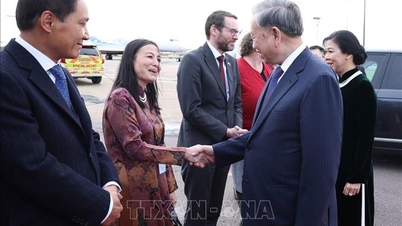

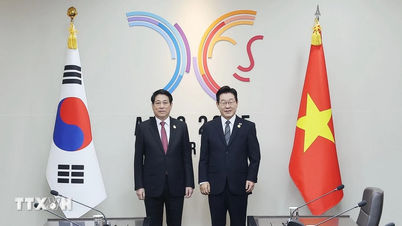
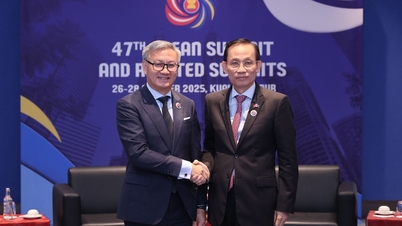
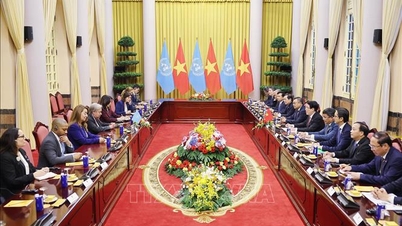
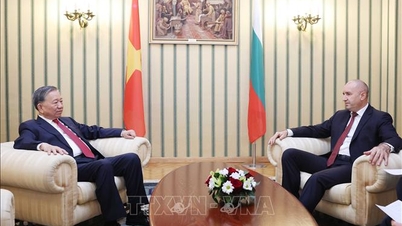






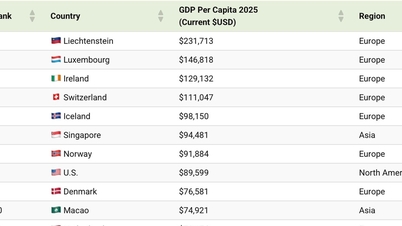






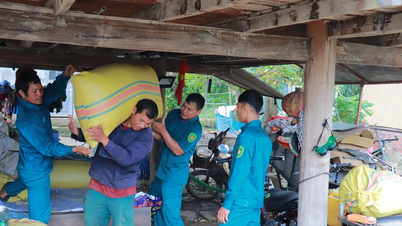
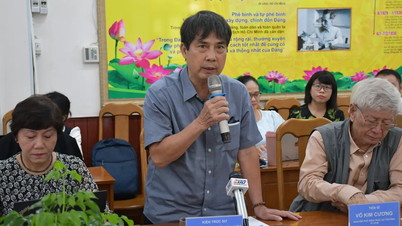










































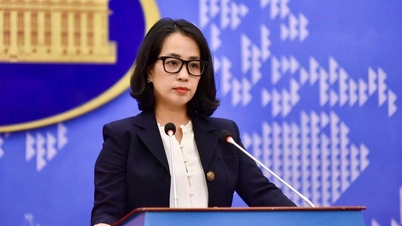
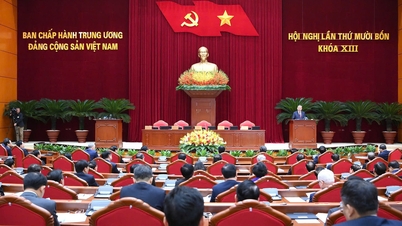


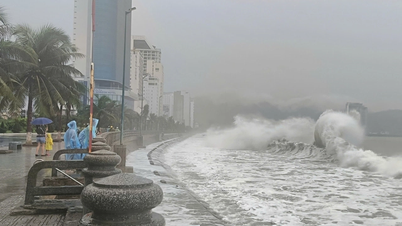
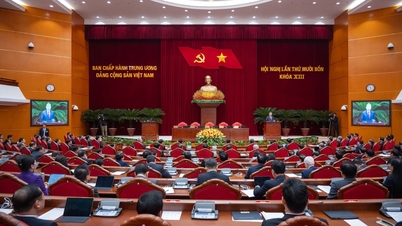






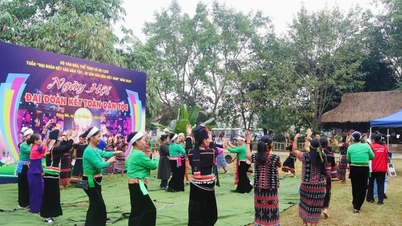
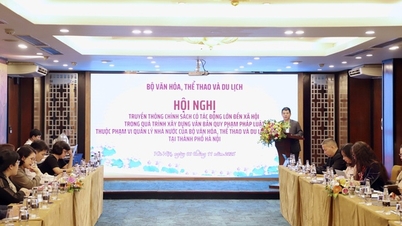

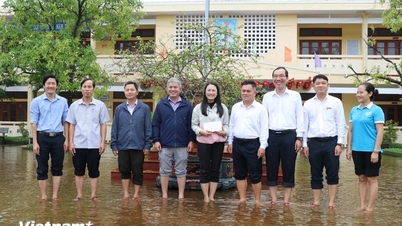

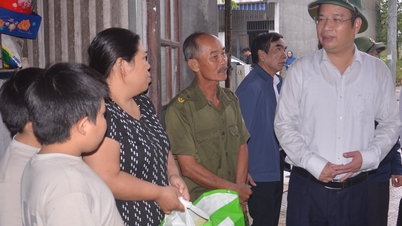

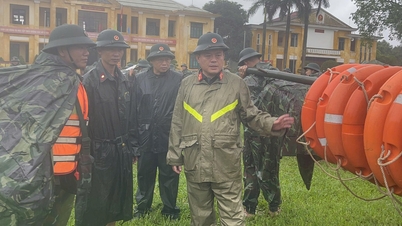
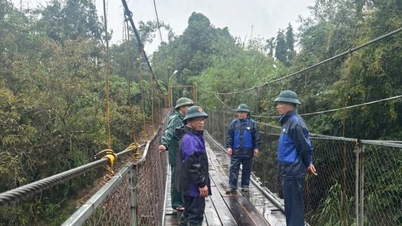



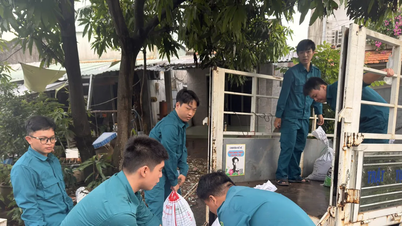













Comment (0)